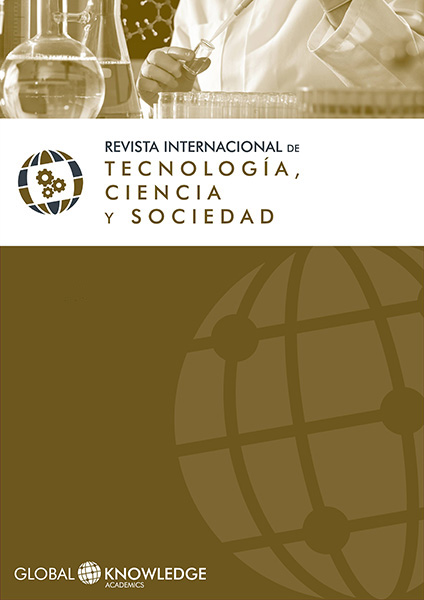The method of problematization in the teacher-learning process applied to distance learning technology: A brazilian experience
DOI:
https://doi.org/10.37467/gka-revtechno.v6.315Keywords:
Educational Technology, Distance learning, Meaningful learningAbstract
This paper analyzes use of the problematization method in a distance learning experiment carried out with health professionals in Brazil through the use of integrated media. This method is aimed at the acquisition of knowledge linked to social context, enabling a confrontation between experienced practices and proposed content. The results obtained confirmed the functionality of this method as a teaching option using media that connects the virtual learning environment, the printed book and tutor guidance. On completion of the course, the elaborated intervention projects were successful indicating meaningful learning, with the possibility of making changes to the practices.
References
Abreu-e-Lima, M. D. y Alves, N. (2011). O feedbacke sua importância no processo de tutoria à distância. Pro-Posições, 2(65), 189-205.
Ausubel, D.P. (1963).The Psychology of meaningful verbal learning. Nueva York, Estados Unidos: Gruneand Stratton.
Barbosa, S.C.D. A y Barbosa, R. C. G. (2011).Publicações científicas disponíveis na biblioteca eletrônica scielo acerca da díade educação a distância e formação de professores criativos, críticos e reflexivos.Anais do X Congresso Nacional de Educação, 9643-9654.
Bastos, F. da P.(2010b).Educação popular e formação profissional via diálogo problematizador: o movimento social software livre na educação a distância brasileira. En:Streck, D. (Ed.). Leituras de Paulo Freire: contribuições para o debate pedagógico contemporâneo (pp.57-73). Brasilia, Brasil: Líber Livro Editora.
Bodernave, J. E. D.(1999b). Alguns fatores pedagógicos. En: Santana, José Paranaguá de y Castro, Janete Lima de. Capacitação em Desenvolvimento de Recursos Humanosem Saúde CADRHU (pp.261-268). Natal, Brasil: EDUFRN.
Castro. J. L. de. (2014).Relatório Final do Curso de Especialização em Gestão do Trabalho e da Educação na Saúde. Natal, Brasil.
Cyrino, E. G. y Toralles-Pereira, M. L.(2004).Trabalhando com estratégias de ensino-aprendizado por descoberta na área da saúde: a problematização e a aprendizagem baseada em problemas.Rep.public health, 20(3), 780-788.
Freire, P. (1989). A importância do ato de ler: em três artigos que se completam.São Paulo, Brasil: Cortez.
Freire, P. (1996). Pedagogia da autonomia:saberes necessários a prática educativa. São Paulo, Brasil: Paz e terra.
Nogueira, R. P.(1994). Perspectivas da qualidade em saúde. Rio de Janeiro, Brasil: Qualitymark.
Pellizzari, A., Kriegl,M.L., Baron,M.P., Fink,N.T.L. y Dorocinski,S.I. (2002). Teoria da aprendizagem significativa segundo Ausubel.Revista Psicologia, Educação e Cultura, 2(1),37-42.
Ricardo, E. J.(2013).Educação a distância: professores autores em tempos de cibercultura.São Paulo, Brasil: Editora Atlas, S. A.
Struchiner, M., Giannella,T.R. y Riccardi, R. V. (2005). Novas Tecnologias de informação e educação em saúde diante da revolução comunicacional e informacional. En: Minayo, M. C. S. y Coimbra Jr., C. E. A. Críticas e atuantes: ciências sociais e humanas em saúde na América Latina (pp.257-272). Rio de Janeiro, Brasil: Editora FIOCRUZ. Disponible en:http://books.scielo.org.
Vilar, R. L. A. de. (2013). Relatório da Oficina de Trabalho de Avaliação do Curso e planejamento do TCC. Brasilia, Brasil.
Downloads
Published
How to Cite
Issue
Section
License
Those authors who publish in this journal accept the following terms:
- Authors will keep the moral right of the work and they will transfer the commercial rights.
- After 1 year from publication, the work shall thereafter be open access online on our website, but will retain copyright.
- In the event that the authors wish to assign an Creative Commons (CC) license, they may request it by writing to publishing@eagora.org







